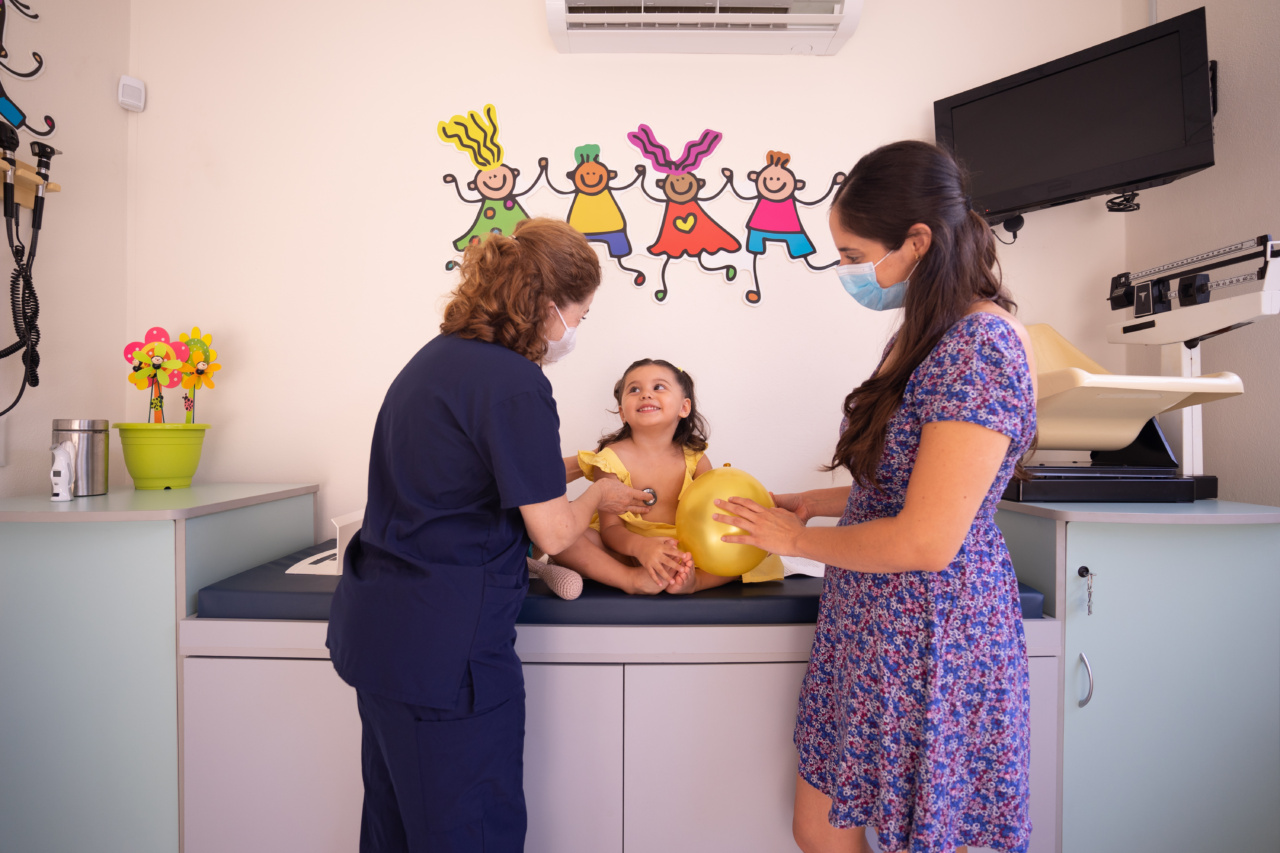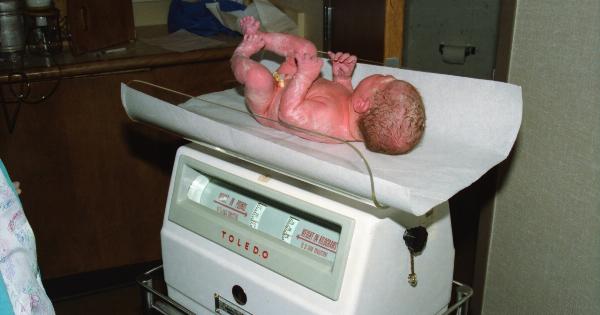As a new parent, one of the most important tasks you have is to ensure that your baby remains healthy. Part of this involves regular visits to the pediatrician.
The first appointment can be daunting, but with proper preparation, you can ensure that things go smoothly. Here’s a guide to help you prepare for your baby’s first pediatrician appointment.
Choosing a Pediatrician
Before you can prepare for your baby’s first appointment, you need to ensure that you have chosen the right pediatrician. Here are some important considerations:.
1. Location and Accessibility
You want to choose a pediatrician who is close to your home or office, so you don’t have to travel too far with a baby in tow.
It’s also important to ensure that the office is easy to access, with ample parking and no difficult or dangerous intersections to navigate.
2. Qualifications and Experience
The pediatrician you choose should be board-certified, and have ample experience and training in pediatrics.
In addition, the pediatrician should have a good reputation for providing quality care and developing positive relationships with patients and their families.
3. Availability and Accessibility
You want to choose a pediatrician who is available when you need them. This includes both regular office hours and after-hours emergency availability.
In addition, you want a pediatrician who is accessible to your questions and concerns and who will return your calls in a timely manner.
Preparing for the Appointment
Once you have chosen a pediatrician, it’s important to prepare for the appointment as follows:.
1. Gather Information
Before the appointment, gather information about your baby’s medical history, including prenatal and birth records. If your baby has already seen another pediatrician, ask for a copy of their records to bring to the appointment.
2. Get Plenty of Rest
A well-rested baby is less likely to be fussy or upset during the appointment. Make sure your baby gets plenty of rest the night before the appointment, and try to schedule the appointment for a time when your baby is usually awake and alert.
3. Dress Appropriately
Dress your baby in comfortable clothes that are easy to remove for the exam. It’s also a good idea to bring a change of clothes, in case your baby has any accidents or spills.
4. Pack a Diaper Bag
Bring a fully stocked diaper bag, including diapers, wipes, a change of clothes, bottles, formula or breastmilk, and any other items your baby may need. You may also want to bring a favorite toy or blanket to comfort your baby during the exam.
During the Appointment
During the appointment, the pediatrician will conduct a thorough exam of your baby, including:.
1. Measuring and Weighing
The pediatrician will measure your baby’s height, weight, and head circumference to ensure that your baby is growing properly.
2. Checking Vital Signs
The pediatrician will check your baby’s heart rate, breathing rate, and temperature to ensure that your baby is healthy.
3. Conducting a Physical Exam
The pediatrician will examine your baby’s eyes, ears, nose, throat, heart, lungs, abdomen, genitalia, and skin for any abnormalities or signs of illness.
4. Asking Questions
The pediatrician will ask you questions about your baby’s feeding, sleeping, and pooping habits, as well as any concerns you may have about your baby’s health or development.
After the Appointment
After the appointment, the pediatrician will provide you with feedback on your baby’s health and development, as well as any recommendations for future care. Here’s what you should do next:.
1. Schedule Follow-Up Appointments
The pediatrician will recommend a schedule of follow-up appointments to ensure that your baby remains healthy and on track with their growth and development.
2. Ask Questions
If you have any questions or concerns after the appointment, don’t hesitate to contact your pediatrician. They can provide you with helpful advice and guidance, and put your mind at ease.
3. Stay Engaged
Staying engaged with your pediatrician and their recommendations for your baby’s care is essential to maintaining your baby’s health and wellbeing.
Make sure to follow their guidance, attend all recommended appointments, and keep track of any changes or concerns with your baby’s health.































